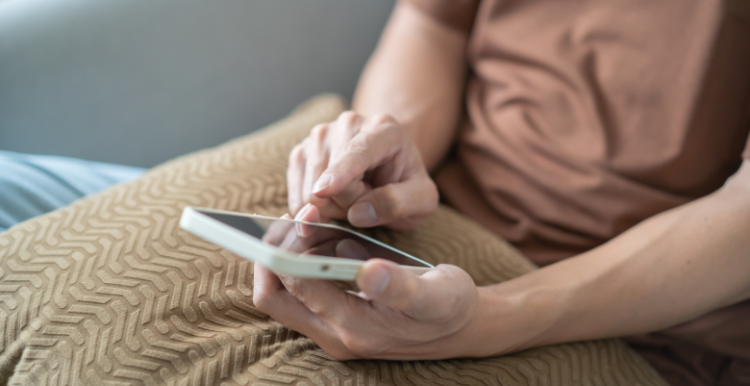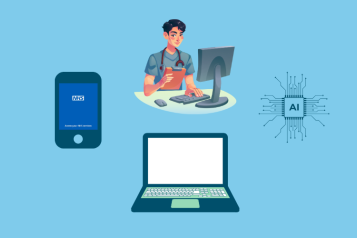From TikTok to AI: how men are seeking health advice beyond the NHS

“Though online content can be instant and engaging, it’s not always accurate. AI systems don’t always understand an individual’s full medical context, and social media platforms are generally designed to reward attention rather than accuracy. When these become the first places people look for advice about their bodies or symptoms, misinformation can spread quickly and potentially cause harm.” Healthwatch England research.
Our own research here in Surrey (The digital divide - October 2025) found that, though people have concerns about the newness of the technology and the quality of the data informing AI (and many simply prefer human interaction), they were happy with AI answering health related frequently asked questions at their GP practice. Some were even happy with AI carrying out screening tests for low risk conditions.
But for men specifically, is the use of AI for health information leading to a stark digital divide? The Healthwatch England research suggests it is, with younger men and men from ethnic minority backgrounds more likely to seek information on staying healthy from sources outside the NHS. This sits alongside a historic disparity between genders, with men less likely to seek mental health support than women. Another recent Healthwatch England report about men’s health found that just over half of men would see a GP for mental health concerns, and only 20% would self-refer to NHS Talking Therapies if they experienced mental health issues.
This is an issue we’re particularly passionate about here in and Surrey – there’ll be a new research project looking at men’s mental health launching very soon. Keep an eye on our website for more details, or please feel free to share any experiences with us now.

